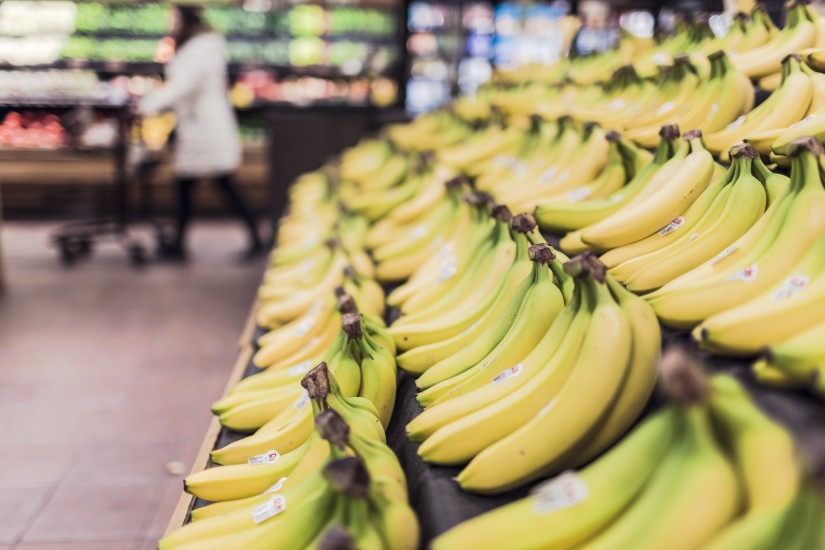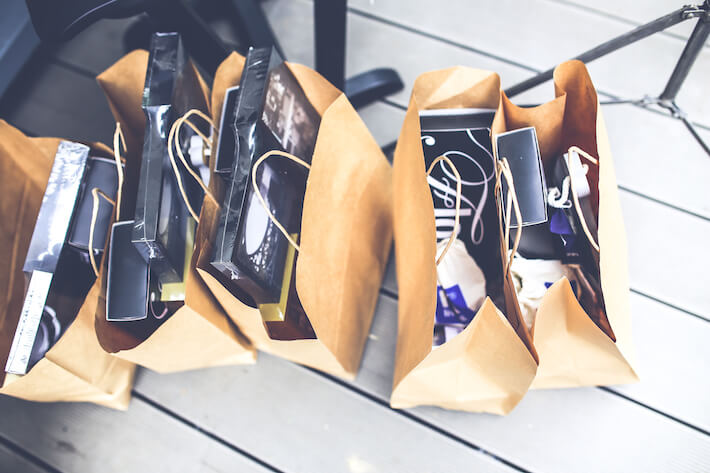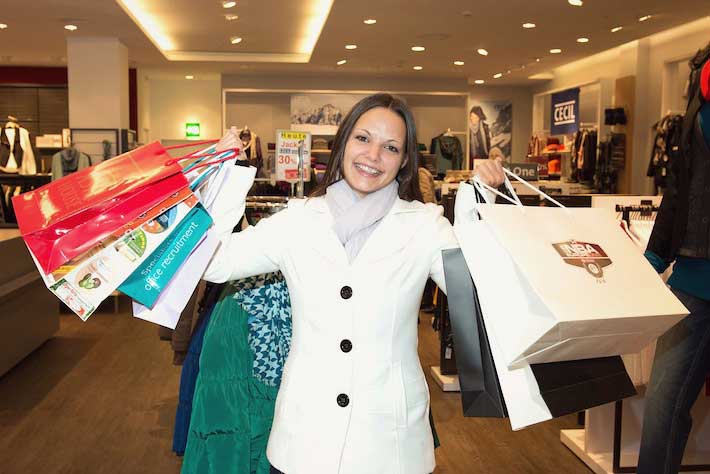The science of buying groceries
Supermarkets employ a range of ‘buy more’ strategies including bulk purchase deals, reward programs and mood music. Shoppers can save money and avoid temptation simply by being aware of the strategies supermarkets use to encourage spending.
Supermarkets have done their research, they know that store layout and product placement are key to encouraging shoppers to buy more of certain products. There is a reason staple items such as bread and milk are at opposite ends of the supermarket. But it goes beyond that, flowers and baked goods are often found at the supermarket’s entry as things that smell good put us in a good mood and we’re likely to buy more.
5 things you can do to avoid getting tricked by fake online reviews
Fake online reviews have become such a menace that the UK Government has launched an investigating into online review sites to check if the information posted is 'genuine, relevant and trustworthy'.
It's estimated that 81 percent of UK consumers read customer reviews or ratings and 47 percent read blogs to help make purchasing decision.
Businesses have wised up to the importance of online reviews and some – not all – encourage friends or hire strangers to write reviews about they're product without actually trying it. In fact, a study by Harvard Business School showed 16 percent of Yelp's restaurant reviews were fake.
We've compiled a list of five classic signs of fake reviews to help you make the best decision for your next purchase.
The top 5 ‘free’ things to avoid this winter
Who doesn't love a freebie? Whether it's a friend offering a slice of used-goods heaven or a garage-sale orphan looking for a happy home, second-hand goods are quite a tantalising offer for thrifty shoppers.
Free things may give you a lot more than you bargained for (and that's not always a good thing). If you're looking to save a little money, you'll do well to think twice before snagging these used or cheap products.
Here's our top 5 free things where the initial save can cost you more in the long run.
The 5 terrible shoppers we’ve all been at least once
Customer behaviour is getting out-of-hand and companies are shifting their policies in response to thorn-in-the-side or dishonest customers.
So does the blame rest with your fellow shoppers or could you be one of those never-to-be-pleased customers? Either way, bad consumer behaviour means, you lose out.




